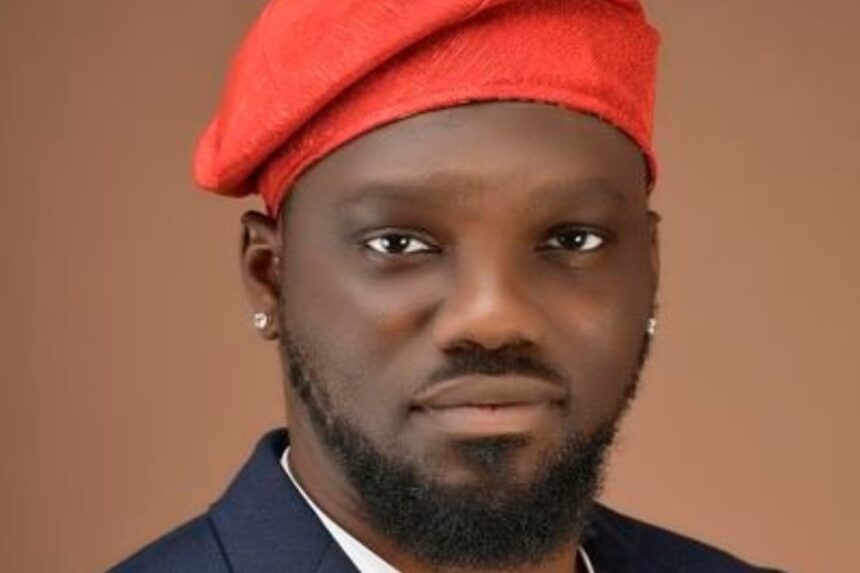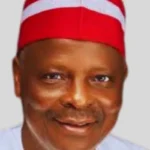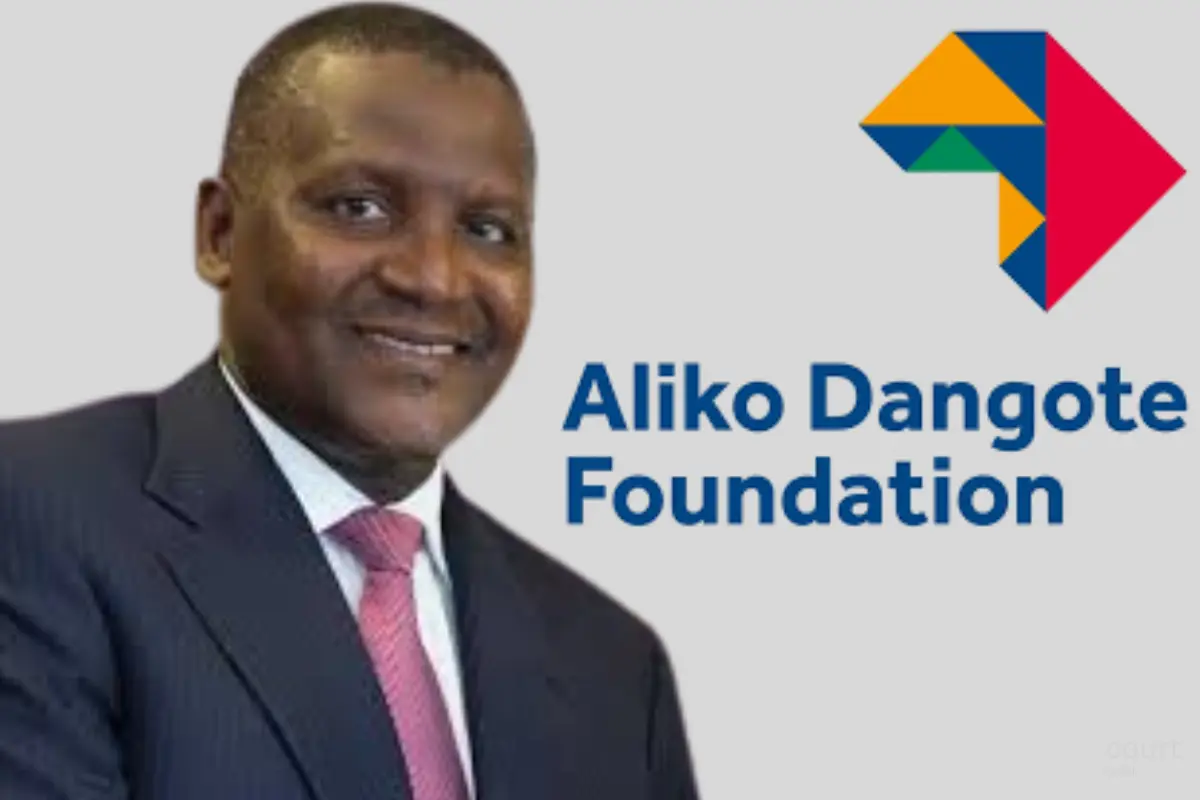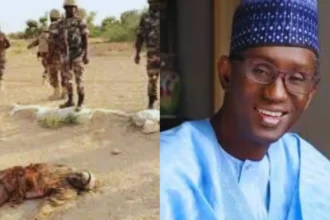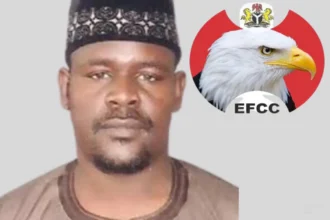Investigative journalist David Hundeyin has strongly criticized Nigerian elites, journalists, and civil society actors, accusing them of compromising national interests for financial gain and foreign influence.
In a statement shared on X (formerly Twitter), Hundeyin asserted that many Nigerians dislike him because he exposes uncomfortable truths. According to him, certain individuals and organizations justify their actions with excuses such as “Everybody does it” or “I have no choice,” while engaging in activities that serve foreign interests at the expense of Nigeria’s sovereignty.
He accused some Nigerian journalists of accepting grants from foreign governments to promote misleading narratives, including attributing floods to climate change rather than poor infrastructure. He also claimed that foreign-funded civil society organizations prioritize the interests of their donors over Nigeria’s welfare, engaging in intelligence gathering, money laundering, and political interference.
Furthermore, Hundeyin alleged that individuals within Nigeria’s civic space often trade their independence for positions in government, fellowships, or international NGO roles, thereby aligning themselves with foreign interests. He argued that such individuals comfort themselves by believing that everyone in Nigeria would make the same choice if given the opportunity.
Referring to himself, Hundeyin stated that his independence and outspoken nature make him a source of frustration for those who have compromised their integrity. He maintained that not all Nigerians are corrupt or driven solely by personal gain, countering what he described as “British colonial propaganda” that has shaped negative perceptions about Nigerians.
Despite challenges, Hundeyin affirmed his commitment to holding power to account, stating that his work serves as a reference for future generations to recognize that Nigeria has always had individuals who prioritize integrity over material rewards.
His remarks have sparked discussions online, with supporters praising his stance on transparency and accountability, while critics view his assertions as overly generalized and confrontational.
His remarks have ignited widespread discussions across social media platforms, drawing both commendation and criticism. Supporters have lauded his unwavering stance on transparency, accountability, and national sovereignty, arguing that his bold criticisms highlight uncomfortable but necessary truths. On the other hand, critics have accused him of making sweeping generalizations and adopting a confrontational approach that undermines constructive dialogue. Some have also questioned the feasibility of his assertions, arguing that navigating Nigeria’s complex socio-political landscape often requires compromise rather than outright defiance.
